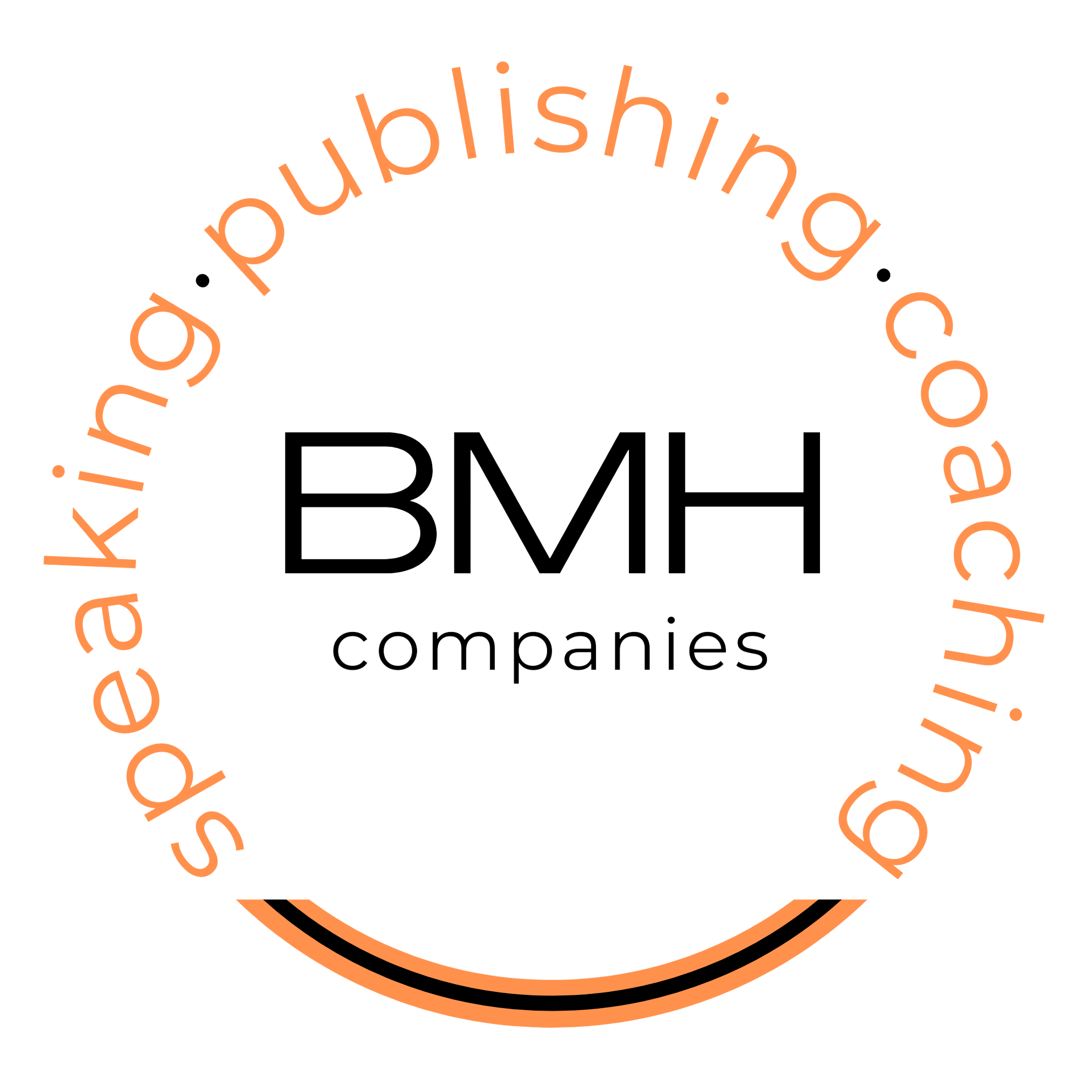3 MORE Secrets Every Instructor Must Know ...
The first three secrets simply were not enough, right? I am sharing with you some of my "hindsight is 20/20" educator revelations after reading Ken Bain's What the Best College Teachers Do. Reading this book evoked "ah-ha!" moments one after another after another; I realized how I could have been far, far more effective in the classroom many moons ago if only I had known then what I know now.
Read on, and see what ah-ha! moments you have!
Secret #4: It does not have to be a lightning round of Jeopardy!, but demonstrate for students it is expected and acceptable to ask questions. And they may (and should!) do so without fear. And this fear is dissipated by you inviting their voices. Start each class in a way that signals to students your voice will not be the only one that is heard in the classroom.
'I try to make students feel relaxed and challenged, but always comfortable enough to challenge me and each other … No one is an expert in everything, so they can learn from the collective insights that the students bring to the classroom' (Nelson qtd. in Bain, p. 142).
Secret #5: Lights! Camera! Action! Not! Avoid evaluating your performance based solely on how well you believe you delivered a message, how well you sounded or looked; evaluate your performance based on how well students appeared to engage and understand the message.
"Great teachers are not simply great speakers or discussion leaders; they are, fundamentally, special kinds of scholars and thinkers …. [Ensure] attention to the details of performance stems from a concern for learners and … the nature and processes of learning rather than on the performance of the instructor" (p. 134).
Secret #6: Someone can lead you to the water. And you can even drink it! But ask yourself, "Why am I drinking this?" Be careful to avoid blindly following curriculum or learning objectives; instead make a conscious effort to follow them after making connections between them and your passion and personal mission as an educator.
Is the material worth learning (and, perhaps, appropriate to the curriculum)?
Are my students learning what the course is supposedly teaching?
Am I helping and encouraging the students to learn (or do they learn despite me)?
Have I harmed my students (perhaps fostering short-term learning with intimidation tactics, discouraging rather than stimulating additional interest in the field, fostering strategic or bulimic rather than deep learning, neglecting the needs of a diverse student population, or failing to evaluate students' learning accurately)? (p. 164)
Did you miss the first three secrets? Read them here!
Are you an event planner looking for a speaker who will motivate your team with high-energy workshops, breakout sessions, keynotes, or interactive webinars? Do you need a go-getter speaker for your next business meeting, team retreat, or company sales meeting—a speaker who will engage the audience, make them laugh, and give everyone real takeaways?
Bridgett McGowen is that speaker, and she is currently booking in-person and webinar engagements that will give your audience a different experience.
Click HERE to check her availability and to book Bridgett. It will be the best time you have ever spent in search of a motivational speaker. Guaranteed!
Image credit; Pixabay
